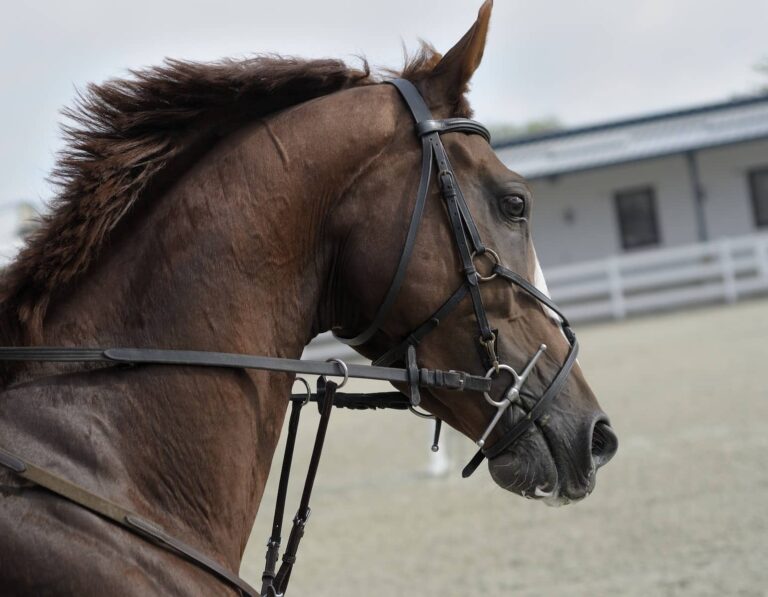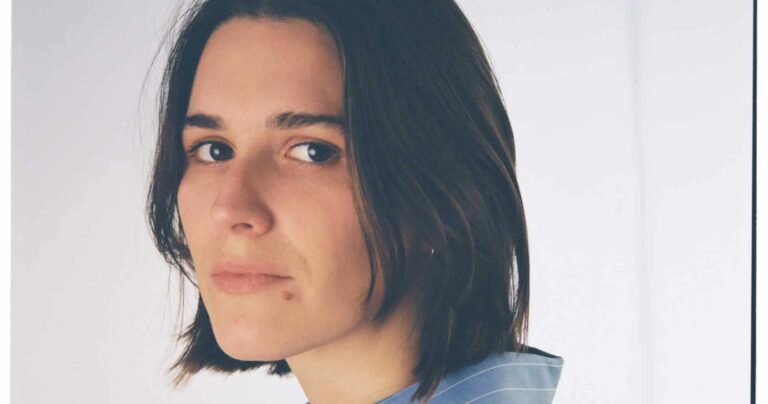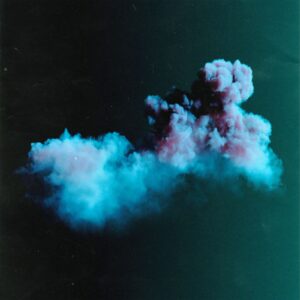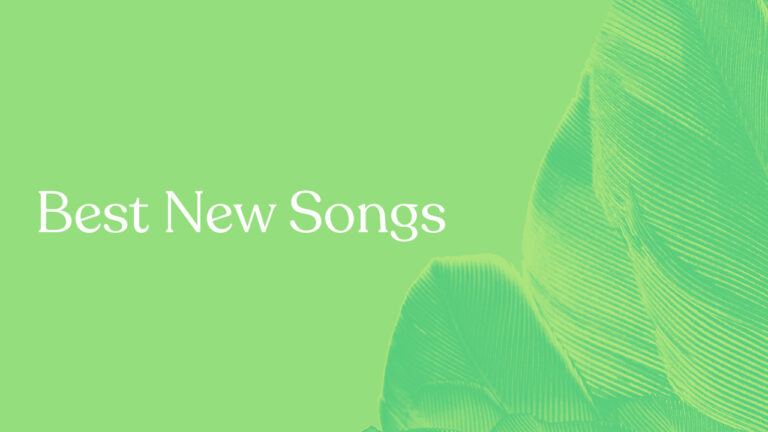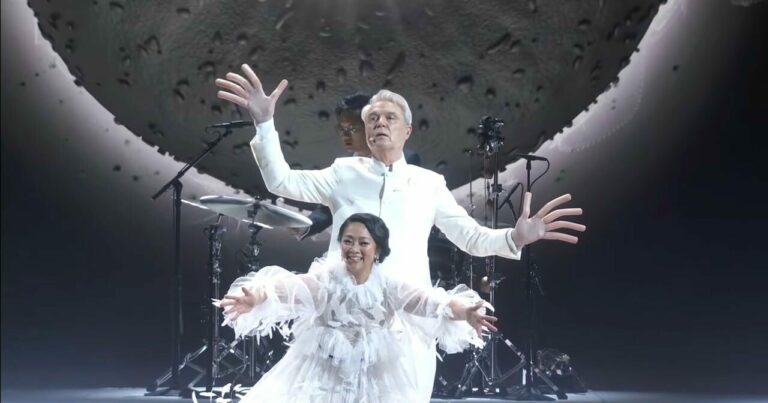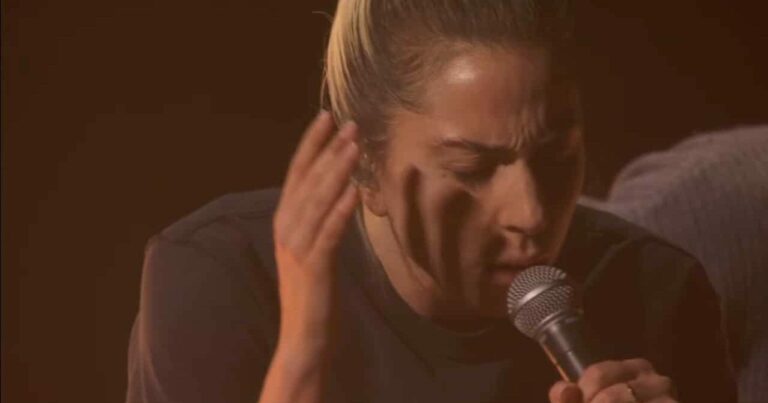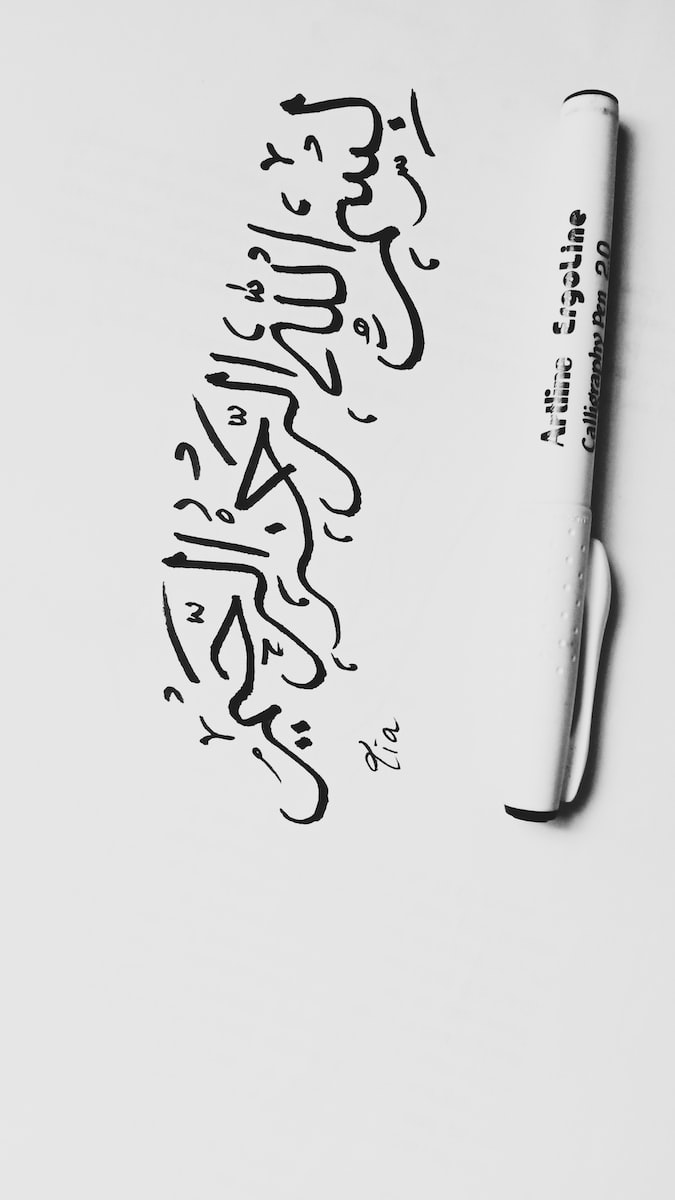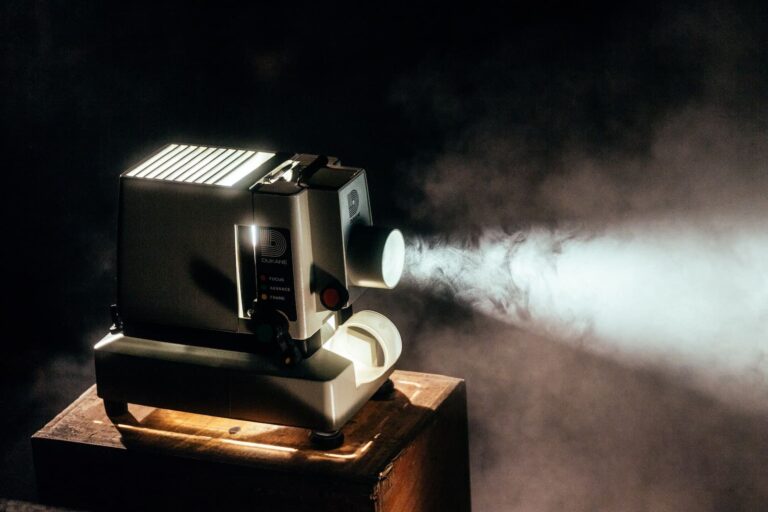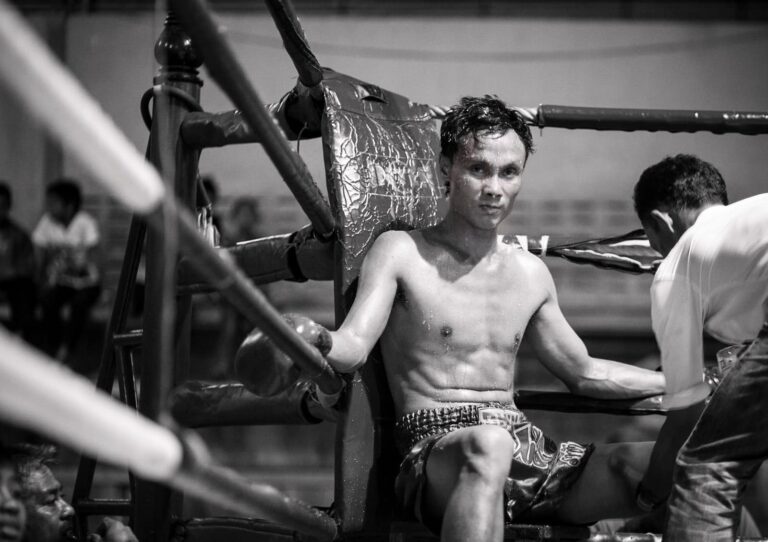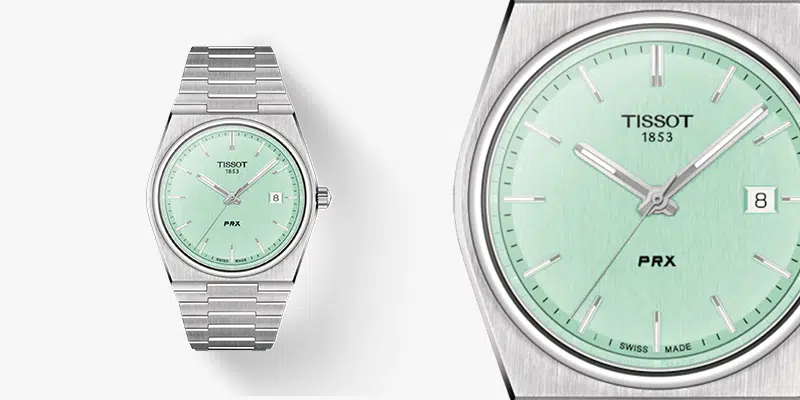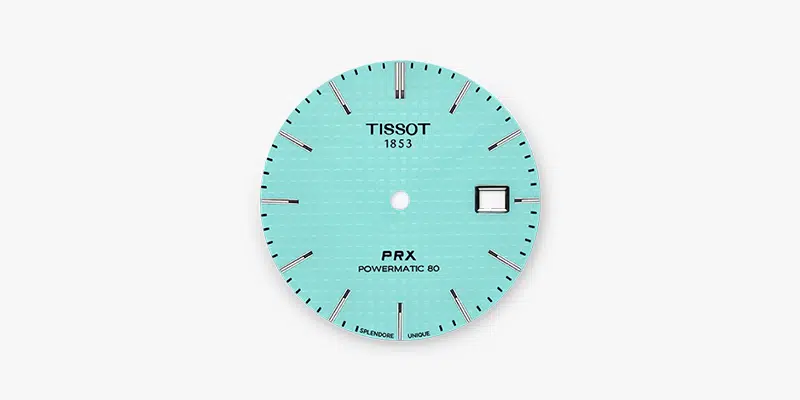Relying on an outsider to try and nab a Cheltenham Festival winner isn’t exactly something Willie Mullins is very used to. The Closutton handler has dominated the Prestbury Park meeting for years, racking up a record 88 winners and securing nine Leading Trainer titles thus far in his glittering career — including in each of the last four years.
With an historic 10 victories across the four days last March, you wouldn’t need a racing tip to tell you that the Irishman is the heavy favourite to defend his top trainer accolade this year. And his contingent is just as frightening as ever, with 12 favourites across the board and almost 20 horses in the top three of the betting for the 14 Grade 1s at the time of writing.
It’s not just short-priced favourites who land the spoils for Mullins, however. The Nice Guy won the Albert Bartlett Novices’ Hurdle from a cool 18/1 on the final day last year, while Ferny Hallow and Burning Victory won the Triumph Hurdle and Champion Bumper from 11/1 and 12/1 in 2020 and Al Boum Photo secured the trainer his first Gold Cup success from 12/1 in 2019.
Mullins also enjoyed a massive 50/1 winner from Eglantine Du Seuil four years ago, so let’s take a look at three of his outsiders that could be worth keeping an eye on this year. Read on to find out more.
Dads Lad – Grand Annual Challenge Cup Handicap Chase
The best value odds are often found in the Festival’s nine handicap contests, with the allocated weights theoretically supposed to make the races fairer, and Dads Lad looks like a good each-way shout in the Grand Annual Challenge Cup Handicap Chase at a general 14/1.
The eight-year-old was heavily raced in 2022, appearing 10 times between April and November. He hasn’t been seen since, but he picked up four wins in that time — most notably in a Handicap Chase in October over course and distance.
He might need good ground, but if the bookies are paying four places for the two-mile affair and Dads Lad shows up ready and raring to go, 14/1 is not to be scoffed at.
Fact To File – Champion Bumper
Mullins loves the Champion Bumper, with 11 wins since the flat race’s inception in 1992 and four victories in the last five years. He’s won the two-mile and half a furlong contest with long shots in the past too, with Ferny Hallow (11/1), Relegate (25/1), Champagne Fever (16/1) and Briar Hill (25/1) all big-price winners in the last decade or so.
His best chance this year is second favourite It’s For Me (9/2), but he still has 14-odd entries at the time of writing and any of them could win what is often a wide-open affair. The one we’ve picked out is Fact To File at around 12/1. The JP McManus-owned horse won over 2m4f at Leopardstown in December, but was a beaten favourite back at the Dublin track for a Grade 2 last month.
The horse who beat him that day, A Dream To Share, has since been bought by McManus and is the favourite for the Bumper. However, they are both planned to run and 12/1 odds for Fact To File are again worthy of an each-way bet as he was around just two lengths behind A Dream To Share last time.
Shewearsitwell – Pertemps Network Final Handicap Hurdle
Shewearsitwell still has a couple of entries at this point, coming in as a 14/1 shot for the Grade 1 Mares’ Hurdle. But the betting suggests that the eight-year-old is more likely to line up for the Pertemps Network Final Handicap Hurdle at slightly shorter odds of 12/1.
The Closutton Racing Club-owned mare reappeared at Punchestown in November after a 76-day break and won a Pertemps Network qualifier over three miles by a neck from My Immortal before stepping down in trip at Leopardstown and winning a Grade 3 Mares Hurdle over 2m4f by over four lengths clear of Queens Brook.
She was still running on well to take the lead in the final stages of that trip over this year’s three-mile distance, so she shouldn’t have a problem with a half-mile step back in trip.
